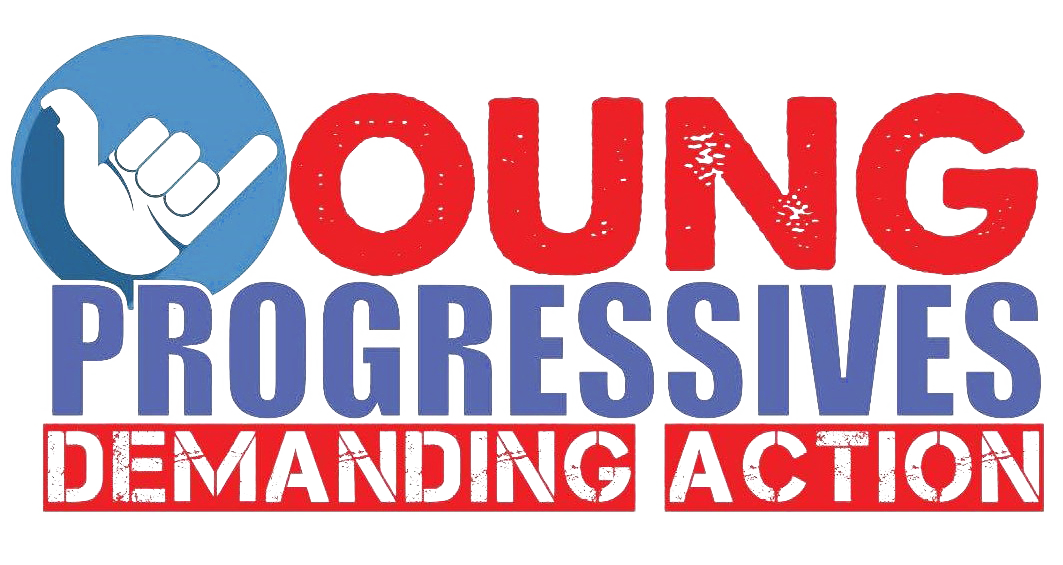Worker's Rights
A strong labor force with protected rights is the backbone of our economy.
YPDA Hawai‘i supports legislation aimed at expanding, strengthening and protecting labor rights, including the right to paid sick and family leave and the right for state employees like graduate assistants at the University of Hawai‘i to form a union.
Background:
There is no Hawai‘i law that requires private employers to grant their employees paid or unpaid sick leave, although many employers do grant it as an important benefit. Studies show that businesses benefit when their employees have access to paid sick days. When sick workers are able to stay home, the spread of disease slows and workplaces are both healthier and more productive. Plus, workers recover faster from illness and obtain timely medical care, enabling them to get back to work sooner and holding down health care costs. Yet, nationally, nearly two in five private-sector workers – and nearly half of those who work for smaller businesses – don’t have paid sick days to use to recover from an illness or care for a sick family member. While many private businesses in Hawai‘i do provide this benefit, we believe that it is a fundamental worker's right that ought to be codified.
In addition to the health benefits of family and medical leave, research indicates that paid leave benefits workers and employers and is good for the economy. Family and medical leave insurance increases labor-force participation. Family and medical leave insurance increases employee retention.
Currently, graduate students are classified as “student help” and cannot organize. Multiple attempts to pass legislation removing graduate students employed by UH from the list of state employees statutorily barred from inclusion in an appropriate bargaining unit have failed, and graduate student workers at UH are facing another year without union representation.
With costs of living in Hawai‘i skyrocketing, it is becoming increasingly impossible for graduate students to survive on the, often, meager income that they receive as graduate or teaching assistants and researchers. In addition to not receiving pay raises, graduate student workers also often face having to pull long hours grading for their professors, working in the lab or teaching courses.
While Hawai‘i maintains its ban on graduate student worker’s right to unionize, other universities across the United States enjoy positive working relationships with graduate student unions that can advocate for graduate student workers, including those at New York University; Columbia University; the entire University of California system and dozens more on the mainland.
Despite paying taxes on their often-insufficient income, graduate student workers in Hawai‘i are considered “student help” by the current legislation and therefore barred from collective bargaining rights alongside “inmates, patients or wards of a state institution,” as stated by the current law. Instead of seeing the graduate student population as a tremendous asset to the State’s economy, the invaluable work that graduate students provide for the functioning of the UH system is not seen as important enough to merit the right to collectively bargain.
YPDA Hawai‘i supports efforts to amend state law to allow graduate student workers the same right to unionize and collectively bargain afforded to other state employees.
2018 BILLS WE SUPPORT
TBD
More information
Graduate Students Should Be Allowed to Unionize in Hawaii, But Legislation Failed
UH Mānoa Graduate Student Organization
How organized labor in Hawai'i lead the way to healthcare for all workers

